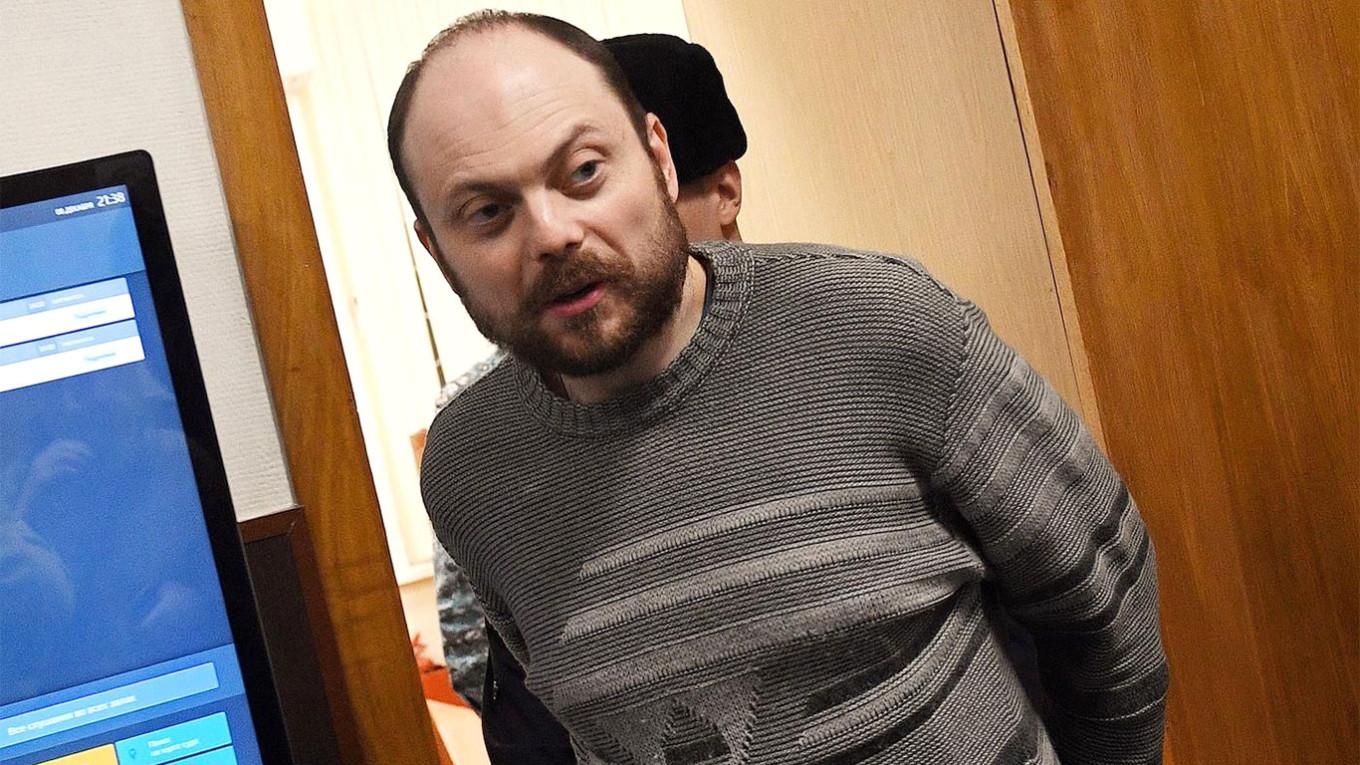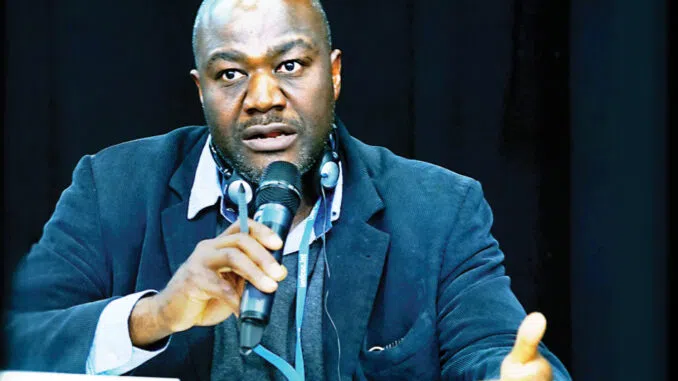In a controversial verdict that has sparked outrage both in Russia and abroad, the Moscow City Court has sentenced prominent opposition figure and Kremlin critic Vladimir Kara-Murza to 25 years in prison for alleged treason. The ruling, which comes amid a wider crackdown on dissent in the country, has been widely condemned by human rights groups and Western governments as a politically motivated move to silence dissent.
Who is Kara-Murza?
Vladimir Kara-Murza is a well-known journalist, politician, and human rights activist who has been a vocal critic of President Vladimir Putin and his government. He is a former deputy leader of the now-defunct People's Freedom Party and has also worked as a correspondent for several major news outlets, including the Washington Post and the BBC. Over the years, he has been targeted by the Russian authorities for his activism and has survived two near-fatal poisonings, which he believes were carried out by the Kremlin.
What is the case against him?
The case against Kara-Murza revolves around his alleged contacts with foreign intelligence agencies, which the prosecution claims amounts to high treason. According to the indictment, Kara-Murza has received financial support from foreign entities with the aim of destabilizing Russia's political system and overthrowing the government. However, his supporters argue that the charges are baseless and that the evidence against him is flimsy at best.
What is the reaction to the verdict?
The verdict has been met with widespread condemnation from human rights groups and Western governments, who have called for Kara-Murza's immediate release. Amnesty International has described the ruling as a "grave injustice", while the US State Department has called it a "blatant violation of human rights". The EU has also issued a statement expressing its concern over the verdict, and calling for the Russian authorities to respect the rule of law and due process.
What does this mean for Russia?
The sentencing of Kara-Murza is the latest in a series of moves by the Russian authorities to crack down on dissent and political opposition. Over the past year, there has been a wave of arrests and prosecutions of opposition figures, journalists, and civil society activists, which critics say is part of a broader campaign to silence dissent and tighten the Kremlin's grip on power. The verdict against Kara-Murza is likely to fuel further protests and unrest in the country, and could also have wider implications for Russia's relations with the West.
Conclusion
The sentencing of Vladimir Kara-Murza to 25 years in prison for alleged treason is a clear sign of the Russian authorities willingness to use the legal system as a tool to silence dissent and political opposition. The ruling has been widely condemned by human rights groups and Western governments, who have called for Kara-Murza's release and for the Russian authorities to respect the rule of law and due process. The case is likely to have wider implications for Russia's relations with the West, and could further fuel unrest and protests in the country.
Free Speech and Alternative Media are under attack by the Deep State. We need your support to survive.
Please Contribute via GoGetFunding


